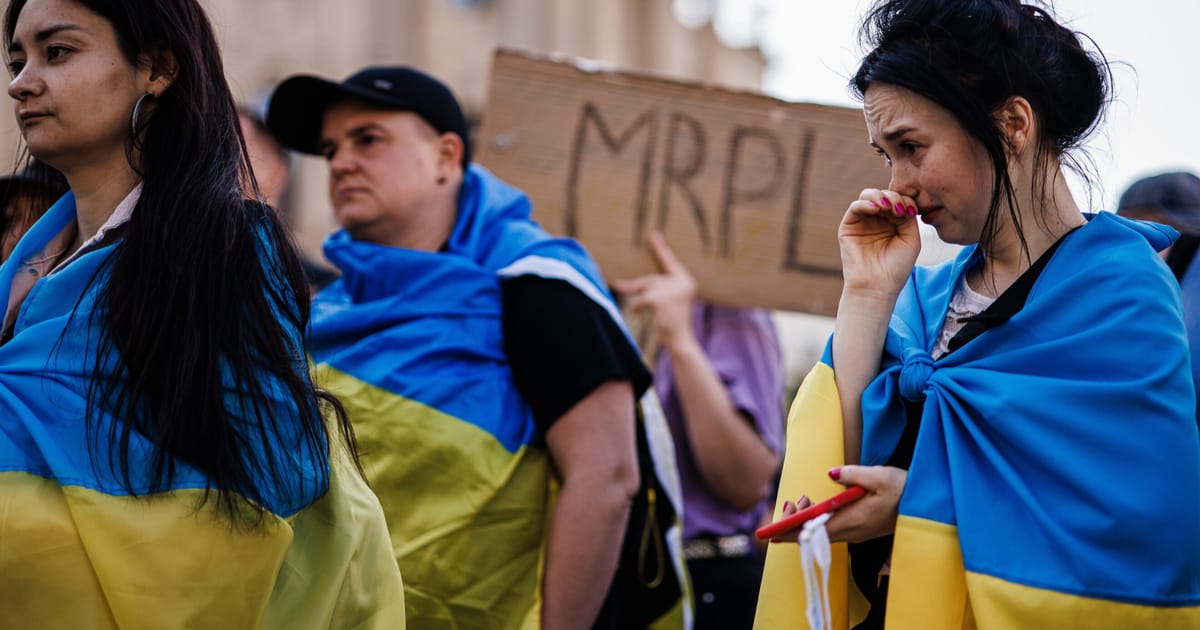

As the world navigates through a maze of emerging geopolitical tensions, recent events have unfolded across multiple regions, casting light on the complexities of international relations and domestic challenges. From escalating unrest in Syria and growing gang threats in Trinidad and Tobago to strategic sanctions on Russia and allegations of international assassination plots, each development intertwines to remind us of the fragile global landscape.
The United Kingdom has stepped forward in addressing concerns over aggressive actions linked to the ongoing conflict in Eastern Europe. The recent British sanctions target Russian intelligence operatives, believed to be connected to military strikes in Mariupol. While the assets of these individuals will be frozen, and they will face travel bans to the UK, the move signals a firm stance against alleged destabilization efforts that have sparked international apprehension.
In the broader European context, the European Union has also tightened its belt on Russian economic activity by adjusting the cap on Russian oil imports, introducing a new sanctions package. The approval came after Slovakia lifted its veto, contributing to a unified front against measures perceived as sustaining the Russian military system. Ukrainian allies continue to call for more robust measures, emphasizing the urgency of collective actions that could cripple adversarial capabilities.
On another continent, Trinidad and Tobago has declared its second state of emergency this year, highlighting domestic battles with organized crime. With intelligence pointing to the formation of a crime syndicate, authorities are on high alert to thwart potential threats of violence and criminal activities, a reminder of the pervasive challenges nations face from within.
Simultaneously, the Middle East remains embroiled in conflict. Recent Israeli military actions in Gaza have resulted in casualties and inflamed the region’s longstanding tensions. These events unfolded against a backdrop of cross-border incursions and unrest within Syria, where a new regime grapples with sectarian violence post-Bashar al-Assad. Clashes between diverse community groups have spurred involvement from Syrian government forces and catalyzed external military interventions, thereby exacerbating the humanitarian crisis.
The political tapestry in the Middle East further complicates with allegations surfacing in Europe of Iran’s alleged attempt to assassinate a political figure in Madrid as a signal to the EU. Spanish authorities are gearing up to prosecute individuals connected to this plot, underscoring ongoing concerns over state-sponsored actions that challenge global diplomatic norms.
These interconnected developments, spread across diverse geopolitical landscapes, accentuate the multifaceted nature of global diplomacy and domestic security concerns. As the international community observes these shifts, the consensus for vigilant dialogue, strategic alliances, and a commitment to peace remains paramount. Navigating these complexities involves a careful balance of assertive policies and collaborative efforts, reminding us of the intricacies that define our world today.
Source: {link}
